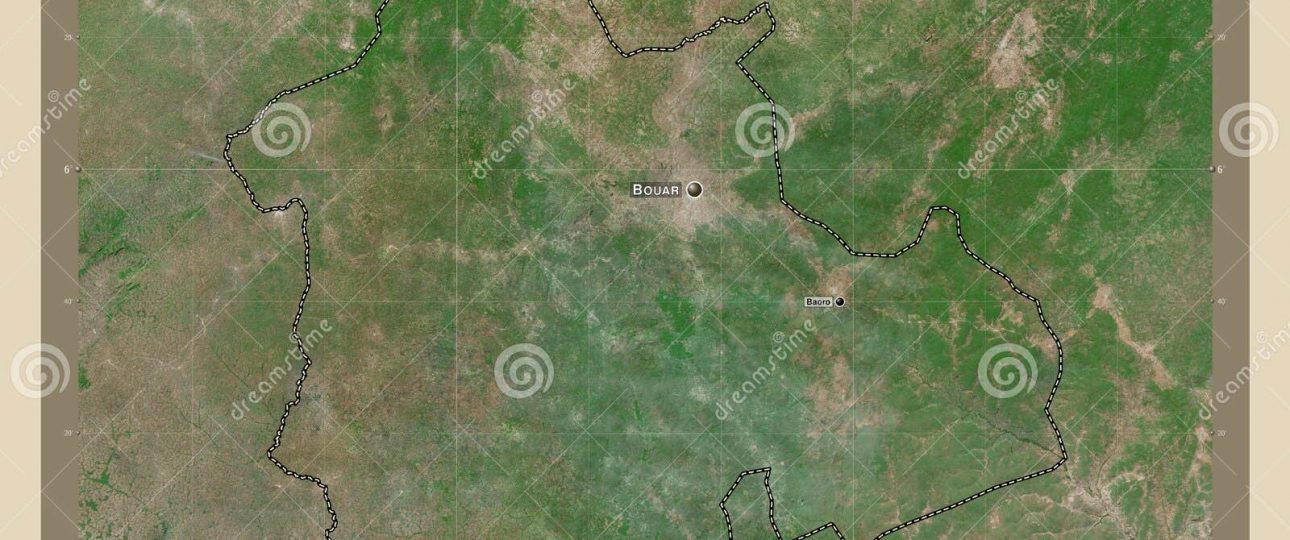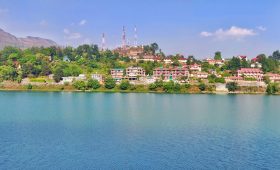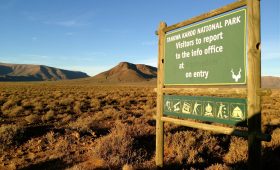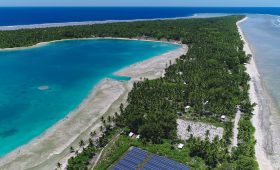Exploring Nana-Mambéré: A Journey Through Central African Republic’s Diverse Landscapes
Nana-Mambéré, located in the Central African Republic, offers a unique experience for those seeking adventure beyond the usual tourist trails. This region is known for its diverse landscapes, rich wildlife, and vibrant local culture.
The Diverse Landscapes of Nana-Mambéré
Nana-Mambéré is a region of contrasts, featuring both expansive savannahs and dense rainforests. The Nana River is a prominent feature, winding through the area and offering a serene setting for exploration. Consider taking a boat ride along the river to fully appreciate the tranquility and beauty of the natural surroundings.
For wildlife enthusiasts, Nana-Mambéré is a treasure trove. The region is home to a variety of flora and fauna, including elephants, hippos, and occasionally, leopards. It’s a good idea to bring a camera to capture these remarkable encounters.
Engaging with Local Culture
The cultural richness of Nana-Mambéré is evident in its indigenous tribes, such as the Baka and the Ngbaka, who have maintained their traditions over centuries. Visitors have the opportunity to engage with locals and learn about their customs, including traditional dances and the art of basket weaving.
Exploring the local markets is a must. These vibrant spaces are filled with stalls offering local produce, handicrafts, and souvenirs. Be sure to try traditional dishes like fufu and mbongo, which provide a genuine taste of Central African cuisine.
When to Visit Nana-Mambéré
The best time to visit Nana-Mambéré is during the dry season, from December to February. This period offers pleasant weather and optimal conditions for wildlife sightings. However, temperatures can be high, so it’s important to pack sunscreen and stay hydrated.
Traveling to Nana-Mambéré
Reaching Nana-Mambéré requires some planning due to its remote location. The most convenient way is to fly from Bangui, the capital of the Central African Republic, to the regional airport in Bouar. From there, transportation to Nana-Mambéré can be arranged by car or public transport.
Getting Around in Nana-Mambéré
Once in Nana-Mambéré, various transportation options are available to explore the region. Hiring a local guide is highly recommended for safety and to gain valuable insights. Depending on your preference, you can choose between 4×4 vehicles, motorcycles, or bicycles to navigate the rugged terrains.
While Nana-Mambéré offers a rich and rewarding experience, it’s important to be prepared for the challenges of traveling in a remote area. Infrastructure may be limited, and travelers should be ready for basic conditions. However, for those willing to venture off the beaten path, Nana-Mambéré provides an unforgettable journey through one of Africa’s lesser-known regions.




